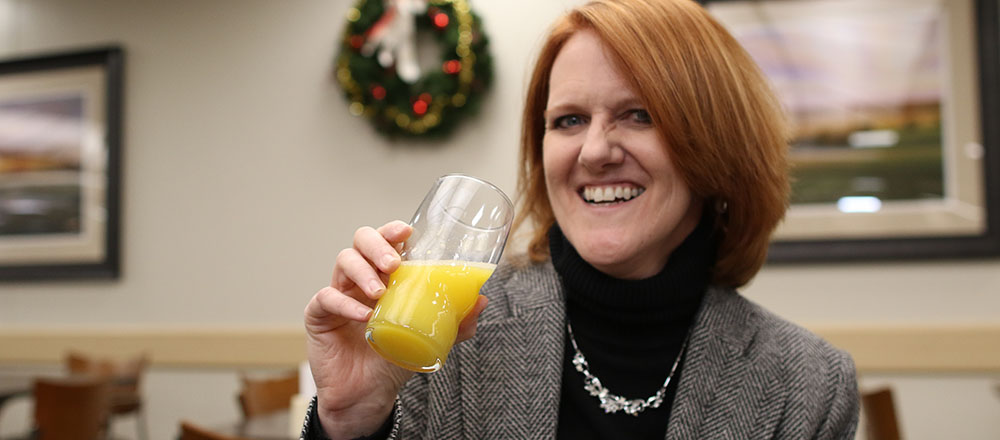Advance Care Planning: Make Your Healthcare Wishes Known
June 28, 2021By: Alexander Gamble
Categories: Live Healthy, Your Wellness

In 2017, Reuters Health reported that only 37% of Americans had an advance directive. However, the coronavirus pandemic was a reminder that serious illness can occur suddenly and unexpectedly. With many families and healthcare providers forced to make difficult healthcare decisions on a patient’s behalf, 2020 was a reminder about the importance of advance care planning.
What Is Advance Care Planning?
Advance care planning is the process of creating documents that express your healthcare preferences in case you’re ever unable to directly guide your care. The two most common advance planning documents are:
- Durable Power of Attorney for Healthcare. This document lets you name who makes healthcare decisions on your behalf if you’re unable to do so.
- Advance Directive. With this document, you express medical preferences for life-prolonging treatments, such as comfort care and organ/tissue donation wishes and cardiopulmonary resuscitation preferences, in the case of a terminal or unrecoverable illness.
Why It Matters
Whether you’re facing a serious illness or simply want to plan for the future, having a plan in place can reduce stress and allow you to focus on the things that matter most. In addition to reducing stress and ensuring your wishes are followed in the event you’re unable to speak for yourself, advance care planning is a gift to your loved ones. Putting your wishes in writing ensures they aren’t left guessing or uncertain when making difficult decisions on your behalf in an already difficult situation.
Watch my presentation where I share information about the importance of advance care planning and how to get started.
Getting Started
To begin the advance care planning process, identify a DPOA. When selecting this individual, choose someone who:
- Knows what you want. This means you’ve considered your wishes and discussed them with this person.
- Can follow through on your wishes. Some people feel uncomfortable or overwhelmed in stressful situations, so it’s good to have an honest discussion about their comfort level.
Next, with your DPOA’s support, consider the type of healthcare treatment you’d like if you’re unable to communicate your wishes. Start by reflecting on your personal values and care goals.
Once you’ve put your thoughts together, advance care planning is as simple as completing a Healthcare Treatment Directive with a DPOA. You can access this online, but it’s critical to get it notarized. After your plan is in place and your paperwork is complete, continue to evaluate your wishes, updating the document accordingly. It’s also important to inform loved ones, not just your DPOA, of healthcare decisions. These conversations aren’t always easy, but having them can make a world of difference if your loved ones are ever in a situation where healthcare decisions have to be made on your behalf.
Explore More
Read more about creating an Advance Directive.
Download the Caring Conversations: Advance Care Planning Workbook
Have the Talk



